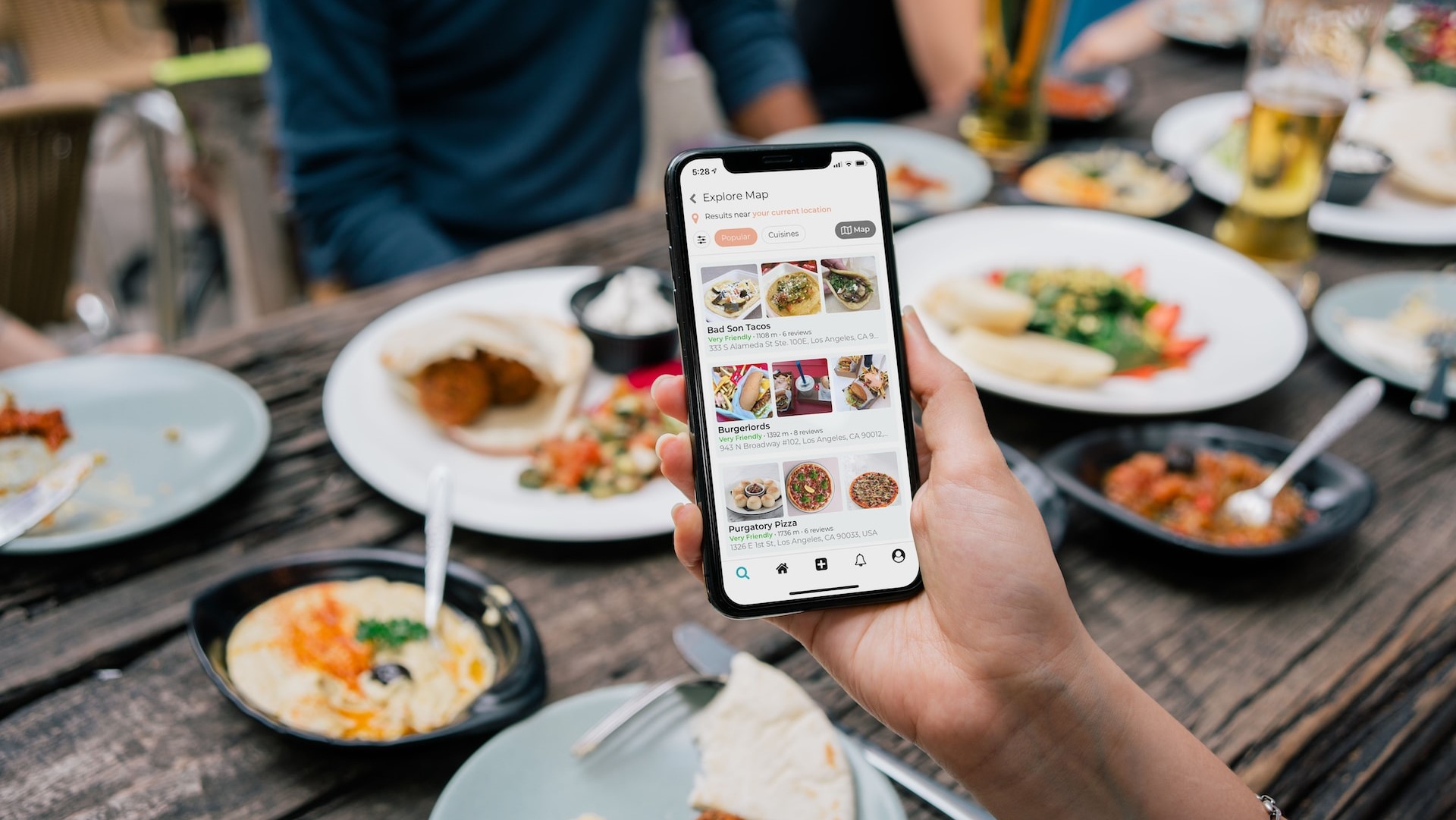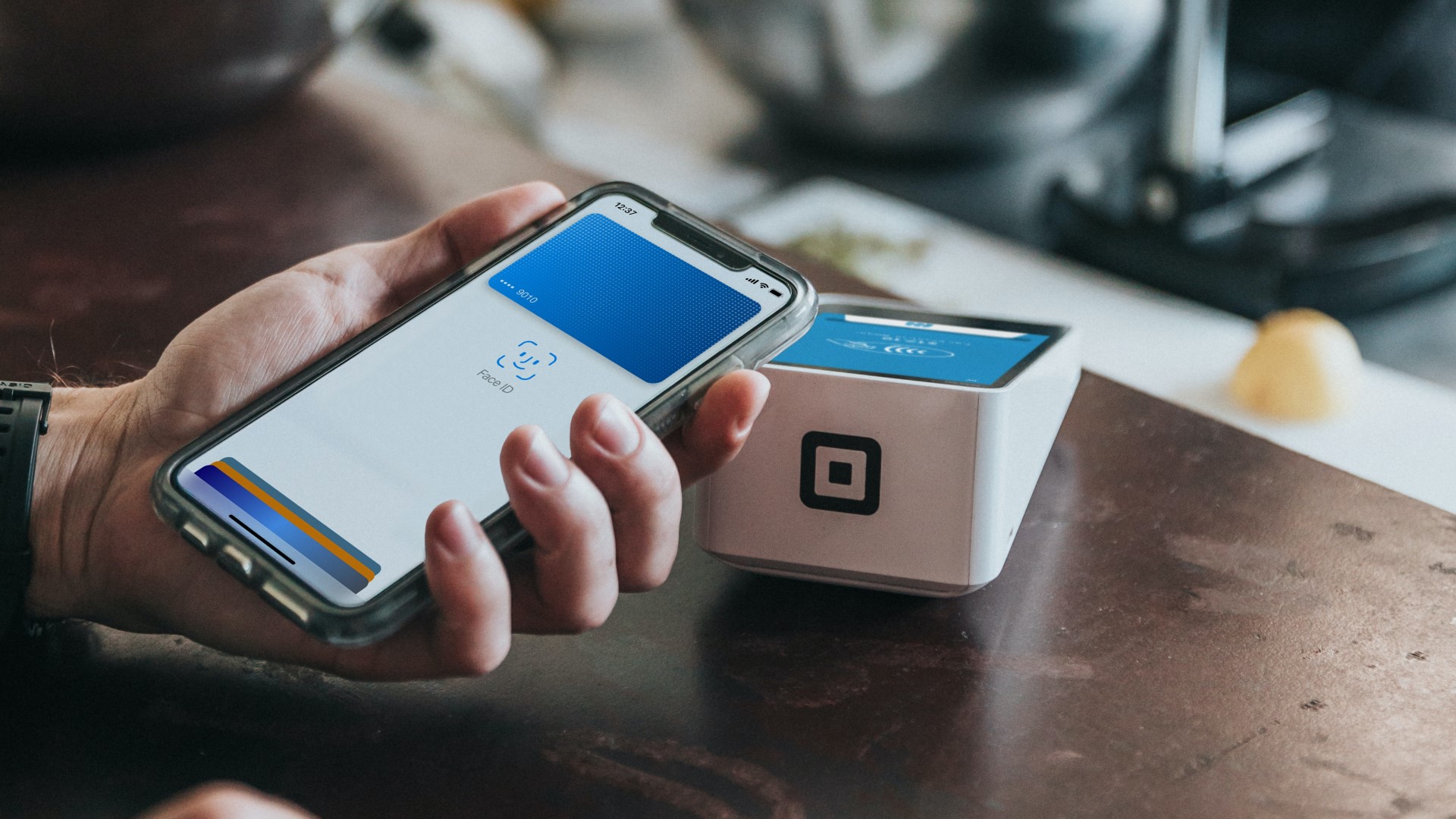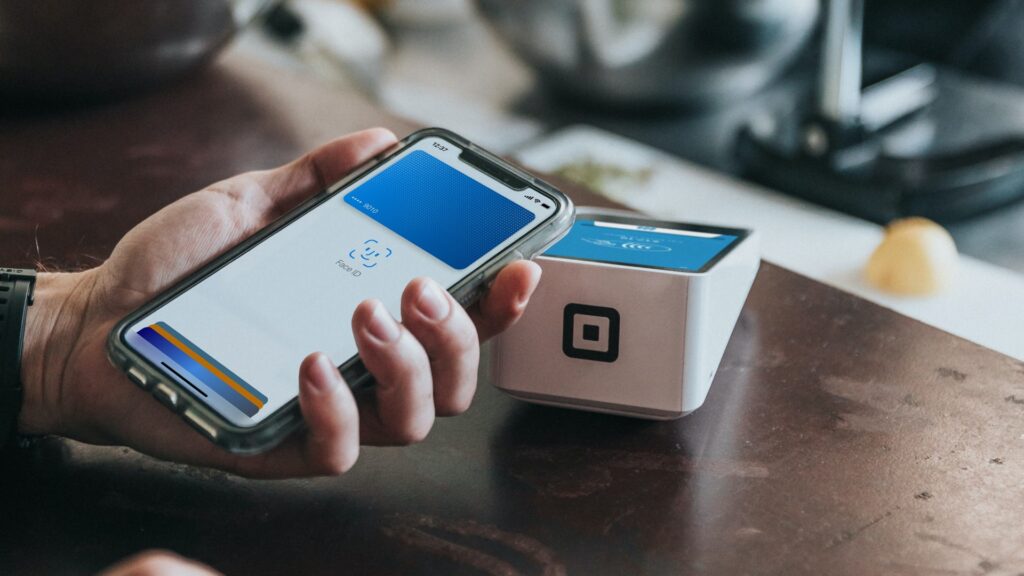

Psychology of Successful Marketing Campaigns
Marketing is all about understanding consumer behavior and decision-making. To create more effective marketing strategies, it’s essential to tap into certain psychological triggers. Here are some of the key factors that may influence buying decisions.
Case Study: Sixes Hotpot
Sixes Hotspot incorporated psychological triggers into their marketing campaign by offering a limited time summer discount that varied based on the temperature. This created a sense of urgency and exclusivity, driving results and increasing sales.

Understanding these psychological factors not just helps create a new PR angle for promoting the business, it can also assist on formulating an effective marketing campaign that showcase your brand’s unique values and messaging.
To start, you’ll need to identify your brand’s unique selling proposition (USP) and tailor your messaging to appeal to your target audience. This can be achieved through customer research, competitor analysis, and market trends. Once you have your USP and messaging, you can begin to incorporate the following psychological triggers into your marketing strategy:

7 Factors that Influence Buying Decisions
- Scarcity
Imposing time limits, limited stock, or exclusive access creates a sense of scarcity, making people perceive something as more valuable and prompting them to act fast before it’s “gone.” - Social proof
Highlighting positive reviews, recommendations, and endorsements from influencers signals that a product is popular and worth buying, giving consumers social permission to buy. - Liking and familiarity
Repetition through consistent branding, jingles, slogans, and promotions makes products feel familiar and more attractive over time. - Authority and expertise
Highlighting credentials, celebrity/KOL endorsements, awards and accolades, positions products as trusted choices backed by legitimate authorities, engendering customer confidence. - Stories
Marketers use stories to create an emotional connection with consumers, tapping into feelings like joy, nostalgia, empathy, and aspiration to make products desirable. - Self-image and identities
People make purchases to express who they are and the type of person they want to become. Marketing that positions products as a means of fulfilling aspirations, ideals, and desired identities will have greater resonance and influence buying decisions. - Habit formation
Marketers build habits through loyalty programs, reminders, defaults, and easy access – making their products the “default choice” that comes to mind automatically.

Incorporate psychological triggers into marketing campaigns
To create marketing that resonates with your audience and drives results, it’s important to segment your audience and tailor your messaging based on the psychological triggers that are most relevant for each segment. Test different strategies, creative elements, and campaigns to see what works best in inspiring purchases, and always measure key metrics to continually improve your marketing approach. By understanding the psychological triggers that drive consumer behavior, you can create more effective marketing strategies that resonate with your audience and deliver results.

總結
At Voltage X, we don’t believe in a one-size-fits-all approach. Our team segments your audience and tailors messaging based on the psychological triggers most relevant to each group. By harnessing the power of psychological triggers, we create resonant marketing that drives results and fosters stronger consumer connections. Ready to dive deeper into the psychology of your consumers and create more impactful marketing campaigns? Let’s create marketing that not only speaks to your audience but also compels them to action.

小紅書如何幫助您的品牌進入中國市場
或許你已經聽説過「小紅書」(Xiaohongshu / RED / Little Red Book),這是中國最值得信賴的跨境社交購物和電商混合...

The Rising Influence of AI on Content Marketing
Artificial intelligence has made significant strides in content generation. Advances in natural lang

Voltage X employs integrated marketing strategy to harness the ever-changing market
Voltage X has transcended the socio-economic turbulence in the last few years with an integrated mar






